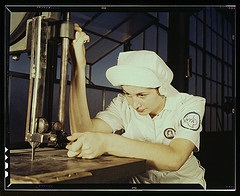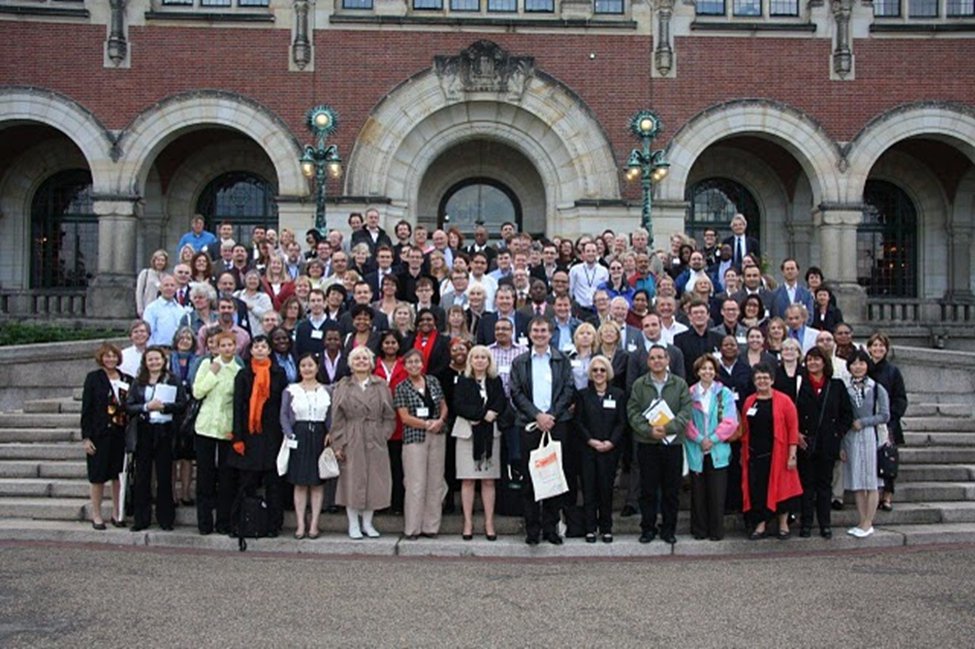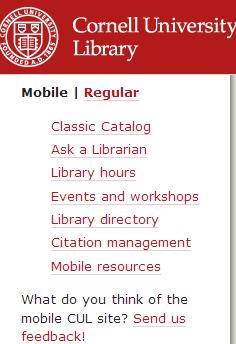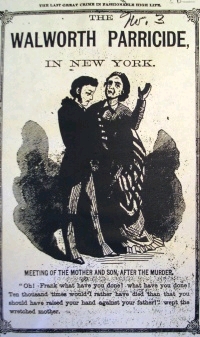 March is Women’s History Month. An overview of the legal origin of this celebration is available from the Law Library of Congress. Here, copies of the 19th Amendment, relevant Congressional Resolutions and Presidential Proclamations, and some recent public laws, are available for viewing. The 2011 Presidential Proclamation is available from the White House here. Other good sources of information include the National Women’s History Project and www.womenshistorymonth.gov, where the Library of Congress, National Archives and Records Administration, National Endowment for the Humanities, National Gallery of Art, National Park Service, Smithsonian Institution and United States Holocaust Memorial Museum “join in paying tribute to the generations of women whose commitment to nature and the planet have proved invaluable to society.”
March is Women’s History Month. An overview of the legal origin of this celebration is available from the Law Library of Congress. Here, copies of the 19th Amendment, relevant Congressional Resolutions and Presidential Proclamations, and some recent public laws, are available for viewing. The 2011 Presidential Proclamation is available from the White House here. Other good sources of information include the National Women’s History Project and www.womenshistorymonth.gov, where the Library of Congress, National Archives and Records Administration, National Endowment for the Humanities, National Gallery of Art, National Park Service, Smithsonian Institution and United States Holocaust Memorial Museum “join in paying tribute to the generations of women whose commitment to nature and the planet have proved invaluable to society.”
Several databases are available through the Cornell University Library that focus on women’s issues (IP authentication required), including Genderwatch (“In-depth coverage of the subjects that are uniquely central to women’s lives, including family, childbirth, birth control, daycare, domestic abuse, work and the workplace, sexual harassment, aging, aging parents, body image, eating disorders and social and societal roles.”); Studies on Women and Gender Abstracts (“Indexes books and journal articles on education, employment, women in the family, medicine and health, gender role socialization, social policy, the social psychology of women, female culture, media treatment of women, biography, literary criticism and historical studies.”); and Women’s Studies International (“Provides citations and some abstracts to the core areas of Women’s studies.”)
Image from the Library of Congress’ Flickr stream.
 On the go and needing simplicity? Connect to the new mobile version of the law library website using your smartphone or i-Pod. It puts core information at your fingertips, including hours, contact information, and library news. One may also access the library catalog, query our legal research engine, schedule a research consultation with a librarian, keep up with our blog, and more.
On the go and needing simplicity? Connect to the new mobile version of the law library website using your smartphone or i-Pod. It puts core information at your fingertips, including hours, contact information, and library news. One may also access the library catalog, query our legal research engine, schedule a research consultation with a librarian, keep up with our blog, and more. 










